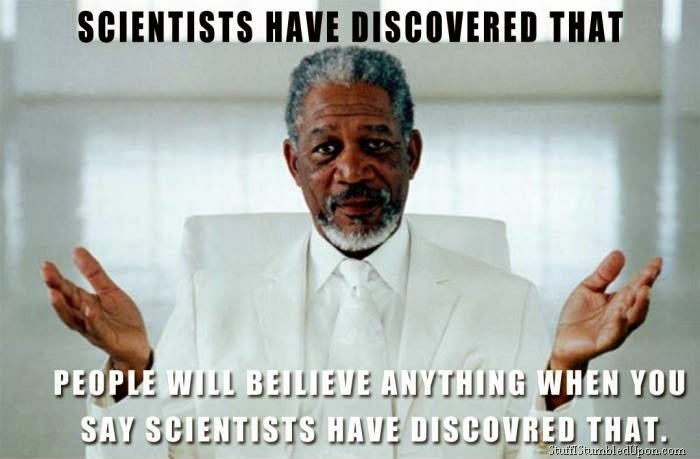There's a famous quote by Albert Einstein that's says 'if you judge a fish by its ability to climb a tree, then it will spend its whole life thinking it's stupid.' This is generally true. However (yes there's always a however with me), if there's food at the top of the tree and the fish completely disregards how the monkey got up there, then the fish is indeed stupid.
So my point here is, even if you don't understand something, if it's a crucial cog in the system, you must acknowledge and respect it. You might argue that if you aren't good at maths, you could always hire a number cruncher. Similarly, if you're not good at manual labour, you could hire workers. There are however, a few nonnegotiables to the recipe to success; an understanding of economics, physics and psychology.
I'm not saying you have to undertake formal study in these three areas. It would of course be beneficial if you did but for some people, these things are just understood without any formal training.
Let's take a deeper look at what I'm trying to get at.
The ever present problem to achieving success is What, How and Who;
1. What do I do to be successful? (Physics)
Physics is the generalised study of nature, conducted in order to understand how the universe behaves. Whatever your chosen area of success is, you must understand the physics behind. The better your understanding, the more likelihood you are to have a statistical advantage and therein may lie your success. This extends from a professional job where you are judged on your understanding of concepts and ability to apply them to understanding the physical limits of plant and apparatus.
2. How do I make it happen? (Economics)
Economics is a social science that studies how individuals, governments, firms and nations make choices on allocating scarce resources to satisfy their unlimited wants. Put simply, economics is the branch of knowledge concerned with production, consumption and transfer of wealth. In most cases, your wealth is a measure of your success. Hence, accepting that you and your product are a commodity subjected to market forces will allow you to extract wealth. How well you play the market is directly proportional to how much wealth and success you will extract.
3. Who determines if you're successful?(Psychology)
Psychology is an academic and applied discipline that involves the scientific study of mental functions and behaviours. There's no point being an expert in your field or having the best business model if you can't convince your target audience to buy your 'product.' As such, an intuitive understanding of the psychology behind the actions of others will ultimately be the make or break for any level of success you aim to achieve.
Now a person destined for success will automatically assess the positive and negative aspects of these three factors. However, it is very rare for an individual to possess significant insight into all three factors. Similarly, it is also very rare for a product to require a high level of physics, economics and psychology. Thus, you shouldn't lose heart if you think you are rubbish at any one of the three. You may just need to find the right product that requires a combination which plays to your strengths.
That being said, I encourage you to incorporate all three factors in any major business decisions, whether it be in the planning phase or execution. Failure to do so will be setting yourself up for failure.With that in mind I'd like to share how you could also apply this theory to getting ahead at work.
For any task that you undertake, take a moment of self reflection and check the physics, economics and psychology behind the task. It could be as simple as:
1. I will learn a new skill or maintain my ability at completing the task (physics - understanding and applying a new theorem)
2. I have made myself more valuable to the company (economics - where you fall in the supply and demand for workers)
3. I have made a good impression on those around me (psychology - where you lie in other people's opinions)
For most tasks it may seem irrelevant to undertake such an analysis as they are no brainer positive results. However, for those negative results (i.e. the task that doesn't serve your physical, economic or psychological interests) or even for those career decisions, you may be grateful that you did undertake such an assessment. I'd be interested to hear from anyone willing to try this. It doesn't take a lot of effort but with a few tweaks to your approach and a stronger understanding of who you are, there's no reason you can't be on the path to success.
#Hanbaobao
To stay up to date with all the latest posts follow me on:
Instagram: @the_over_correction
Facebook: facebook.com/theovercorrection
Alternatively, any sharing of a post using the share bar below would be greatly appreciated and would be greeted with multiple imaginary high 5's.
To stay up to date with all the latest posts follow me on:
Instagram: @the_over_correction
Facebook: facebook.com/theovercorrection
Alternatively, any sharing of a post using the share bar below would be greatly appreciated and would be greeted with multiple imaginary high 5's.






No comments:
Post a Comment